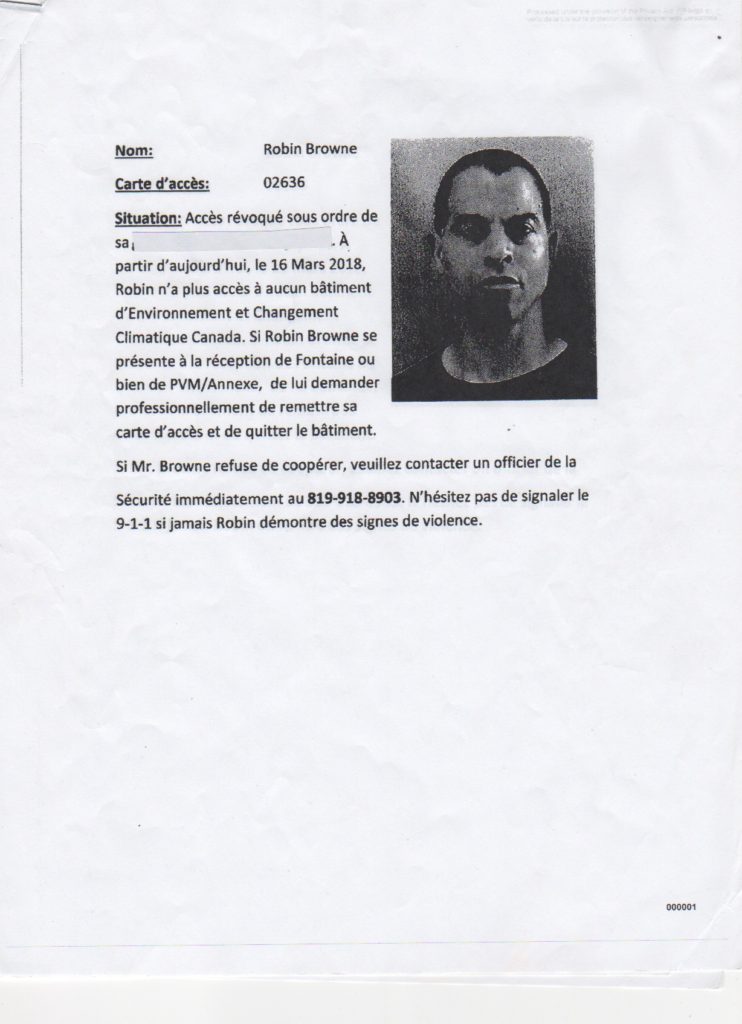Burden of proof should be on those accused of discrimination not their accusers
Currently, people who file union grievances against their managers or make complaints of discrimination to organizations like the Canadian Human Rights Commission, alleging discrimination based on race, must prove two things: that discrimination happened and that it was based on race. This is almost impossible to do as most organizations require proof similar to that of the Human Rights Legal Support Centre (HRLSC). The HRLSC is an independent agency, funded by the Government of Ontario, to provide legal services to individuals who have experienced discrimination. Its website states:
“To prove discrimination, you must show that there is a connection…between negative treatment that you experienced and one of the personal characteristics (or prohibited grounds of discrimination) listed in the the [Human Rights] Code.
Put another way, to prove discrimination, you need to show…that you were subjected to negative treatment because of your gender, place of origin, family status or any one of the Code-protected personal characteristics.”
Meeting these requirements is next to impossible because, by definition, discrimination means someone doing something to you that they’re not doing to others. How do you prove they’re not doing it to others and that the difference is based on race?
One obvious way to get an answer to the first question in the workplace would be to ask your colleagues if they’re treated the same way. That works for very visible things like telework. For things like that, you don’t even have to ask as, if your manager denies your telework request, it’s pretty easy to see if she approved others’ requests because they’re not around. However, less visible types of discrimination are harder to deal with.
I had such an example recently where my boss called a meeting to engage in what I label “hyper critique”. Hyper critique is when a manager rarely, if ever, praises an employee’s work, but critiques it, most often in private meetings. Hyper critique is a common complaint of our Federal Black Employee Caucus members.
Proving whether my boss hyper critiques my colleagues is challenging. I could ask them, but most people are, understandably, reluctant to admit if they are subject to such things. They’re also often reluctant to admit if they’re not subject to such things as they may see that as admission that they’re getting preferential treatment.
So what can you do? Right now, not much. That’s why I recommend we push the public service to do three things:
- Shift the burden of proof to those accused of discrimination instead of their accusers; require the accused to prove that they’re not discriminating.
- Until the burden of proof is shifted from accuser to the accused, create a discrimination investigator function staffed with someone given the power to investigate claims of discrimination, including being able to mandate colleagues to reveal, in anonymous interviews, if they have been subject to the same treatment.
- Start collecting race-based data on who managers sanction.
People who are being harassed and discriminated against have enough to deal with. Let’s take one thing off their plate.
Note: The opinions expressed here are my own and do not necessarily reflect those of the Federal Black Employee Caucus. To contact an FBEC spokesperson use the Contact Us page on FBEC’s website.
